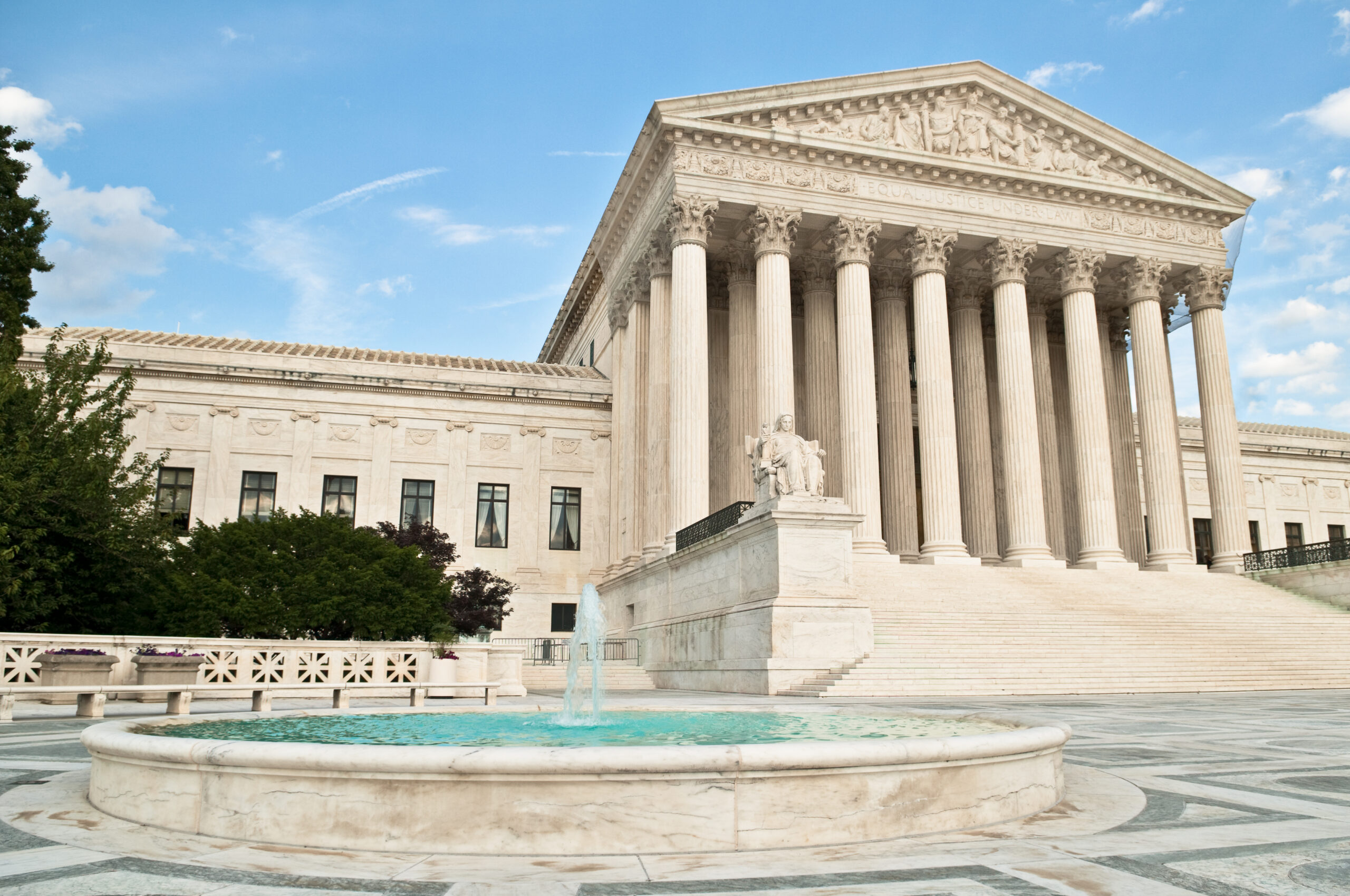 From the earliest days of our Nation, criticizing government officials without retribution has been a hallmark of the freedoms our Founders determined as essential to our democracy.
From the earliest days of our Nation, criticizing government officials without retribution has been a hallmark of the freedoms our Founders determined as essential to our democracy.
At the same time, those who serve in public office deserve respect and must be able to conduct the public’s business in an orderly manner. When these two principles are in conflict, which one prevails? That’s one of the questions the U.S. Supreme Court was asked to consider in the case of a Florida man.
Lozman v. City of Riviera Beach, Florida
Fane Lozman was an outspoken critic of the local government in Riviera Beach. In fact, he sued the city for illegally seizing and destroying his floating home and won.
That didn’t end it, though. During the legal battle over his home, the Riviera Beach city council held a meeting with a period for open comment. Citizens, including Lozman, were supposed to have three minutes each to speak to the council. But within seconds of starting to speak, a city council member asked a police officer to “carry him out”, and Lozman was taken away in handcuffs and charged with disorderly conduct.
Though he was eventually released with no charges, Lozman sued the city again. He believed his First Amendment rights to free speech and to petition the government for a redress of grievances were violated. The city argued that the lawsuit should be dismissed because there was probable cause to believe Lozman had committed a violation.
The trial court and the 11th U.S. Circuit Court of Appeals found that probable cause for the disorderly conduct arrest existed, so they ruled for Riviera Beach. Undeterred, Lozman petitioned the Supreme Court of the United States.
The decision facing the Supreme Court was if the existence of probable cause meant the lawsuit should be thrown out, even if members of the city council ordered Lozman’s arrest in retaliation for him exercising his First Amendment rights by not only fighting city hall but also criticizing it.
During oral arguments, Chief Justice John Roberts said, “I found the video [of his arrest] pretty chilling. I mean, the fellow is up there for about fifteen seconds, and the next thing he knows, he’s being led off in handcuffs, speaking in a very calm voice the whole time. Now, the Council may not have liked what he was talking about, but that doesn’t mean they get to cuff him and lead him out.”
On the other hand, there is a legitimate interest in local government’s ability to maintain order during public meetings.
“I’m very concerned about police officers in difficult situations,” Justice Anthony Kennedy said to Pamela Karlan, a Stanford Law professor who was representing Lozman. “In this case, there’s a very serious contention that people in elected office deliberately wanted to intimidate this person, and it seems to me that maybe in this case we should cordon off or box off what happened here from the ordinary conduct of police officers.”
The Supreme Court worked to balance both concerns by making it clear that the scope of the Lozman decision is limited.
Ultimately, the Court ruled in favor of Lozman, though it didn’t rule on the underlying merits of the case—whether the city violated Lozman’s right, rather allowed it to move forward. Lozman no longer needs to prove the absence of probable cause, but he does have to prove that the arrest was retaliatory.
If the city council did have a plan to intimidate him, and he can prove it, then he can win the case.
We will have to see how lower courts interpret the Supreme Court’s decision.
One of Our Most Precious Liberties
The scope of this decision may be limited, but it reaffirms our right as citizens to petition the government for a redress of grievances, and a reminder to public servants that having a thick skin is essential for survival.
In the Court’s majority opinion, Justice Kennedy wrote that the right to complain to or ask the government for help without fear of punishment or reprisals is “one of the most precious of the liberties safeguarded by the Bill of Rights.”
Indeed, many consider it not just our right as US citizens, but also our duty, to complain to government officials at all levels about their actions and policies. After all, we are a government of the people, by the people, and for the people.
This duty to petition, complain, and otherwise get involved in our government dates back to the founding of our nation with Thomas Jefferson warning, “All tyranny needs to gain a foothold is for people of good conscience to remain silent”.
So, is it patriotic to criticize your government? If we look to Jefferson for guidance, then it seems so, as long as you are a person “of good conscience”. As for who qualifies as having “good conscience”, like the Supreme Court, we will leave that question for another day.